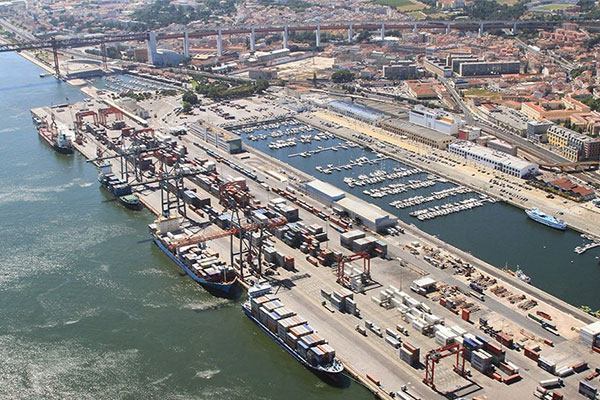
What is non-export agent exchange?
The act of non-exporting refers to the act of non-exchanging foreign exchange income for RMB after the foreign trade agent has completed the export of goods. According to the implementation rules of the Foreign Exchange Management Regulations of 2025, the operation is usually applicable to the following scenarios:
- Overseas buyers require foreign currency retention for follow-up trade
- Special forms of trade (such as transfer trade, cross-border e-commerce)
- External investment funding needs
Particular attention is needed:According to the Guidelines for Foreign Exchange Management in Cross-border Trade revised by the Peoples Bank in June, except for special regulatory areas such as the secured tax zone and the Free Trade Test Zone, export receipts are required to be completed within the day after the goods are exchanged.
What is the non-export operating process?
Compliance operations must strictly follow the following steps (such as general trade):
- The conclusion of a tripartite agreement
- Agents and clients agree on foreign exchange retention period
- Overseas buyer confirmed payment route
- The customs declaration form indicates the special mark of "temporarily no foreign exchange settlement".
- Foreign exchange stay must be registered with the foreign exchange agency.
- Submission of the deferred collection form
- Providing evidence of trade authenticity
- Completion of tax declaration
An important reminder:Specific processes may vary due to trade methods and regional policies, and it is recommended to consult the local business department and the Foreign Exchange Administration in advance.
What are the legal risks of non-conversion?
According to the latest judicial interpretation of 2025, the main risks include:
- Risk of Compliance:
- The maximum amount that can be punished for violation of the Foreign Exchange Regulations30% fine
- Unrecorded operations may be included in the list of key regulators for foreign exchange operations
- The tax risks:
- Failure to provide consolidated credentials may be lostExport tax refundQualified
- Excess periods of stay may be considered as VAT reimbursement
- Agents with joint responsibility:
- Agents may bear joint tax liability
- Impact on Customs credit rating (AEO certification may be downgraded)
IV. Compliance processing of foreign exchange stays abroad
Alternatives allowed in 2025 include:
- throughOverseas NRA accountDeposit of Foreign Exchange
- A special foreign exchange account is required.
- Reporting the flow of water to the Foreign Exchange Bureau each quarter
- ApplyCross-border currency settlement
- Countries that have signed currency exchange agreements with China
- Withdrawal exempt but requires completion of cross-border payment declarations
- adoptedTrade Credit RegisterDelayed collection
- Extended up to 360 days after export
- Registration must be completed within 30 days after the export of goods
What are the special considerations of tax returns?
In accordance with the requirements of Announcement No. 12 of 2025 from the State Taxation Administration:
- Export tax refundThe application must be submitted simultaneously:
- Certificate of Conversion issued by the Foreign Exchange Administration
- Not disclosed by the bank.
- Processing of corporate income tax:
- Confirmed income according to the exchange rate on the date of declaration
- The exchange rate fluctuation difference is included in the financial costs
- Declaration of value added tax:
- Non-conversion does not affect export exemption declaration
- But next year4 must be collected before the monthly settlement.
Is there a more stable alternative?
It is recommended to prioritize the following compliance methods:
- Regular Export and Transfer
- External Investment through ODI
- Use of cross-border funding pools
- Establishment of foreign subsidiaries
- Retention of funds through related transactions
- Compliance with transfer pricing regulations
- The cross-border e-commerce model
- Applicable to the "Tax Exemption Without Invoice" policy
- Compliance through payment agencies
Specific recommendations :The operations described in this article must be implemented under the guidance of professional lawyers and accountants, and there may be significant differences in the actual cases of different companies. It is recommended to consult with local customs, foreign exchange and tax authorities before starting business.


 Follow Customer Service WeChat
Follow Customer Service WeChat